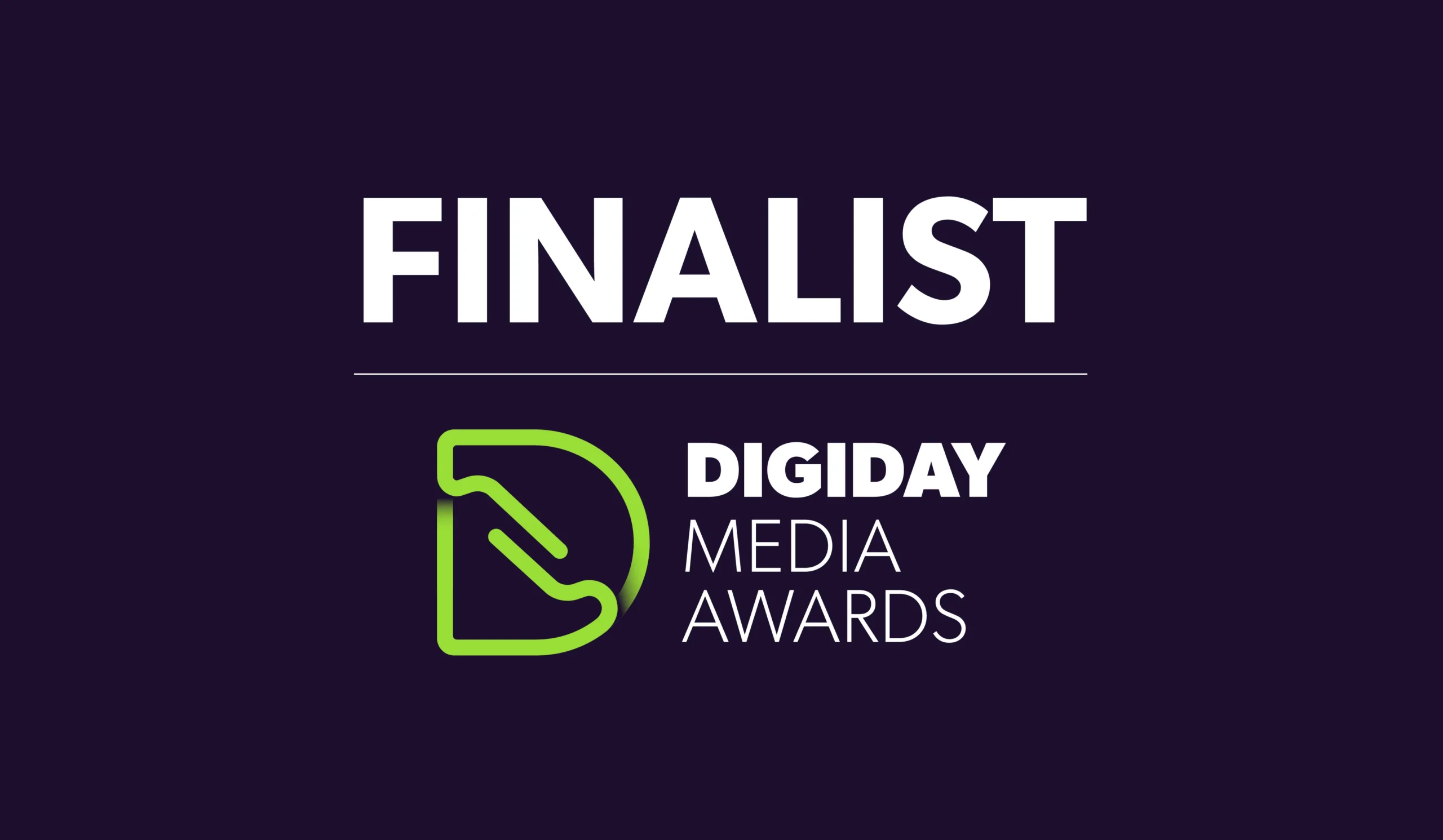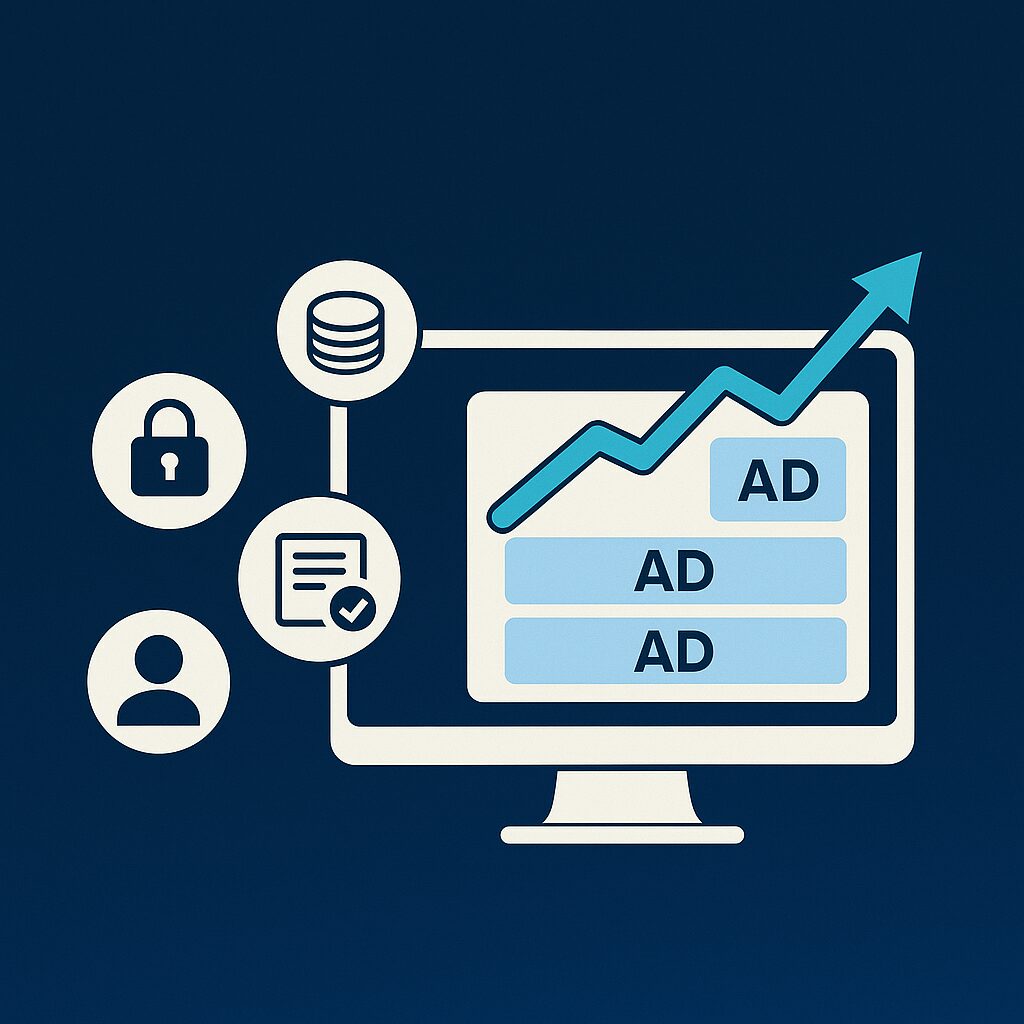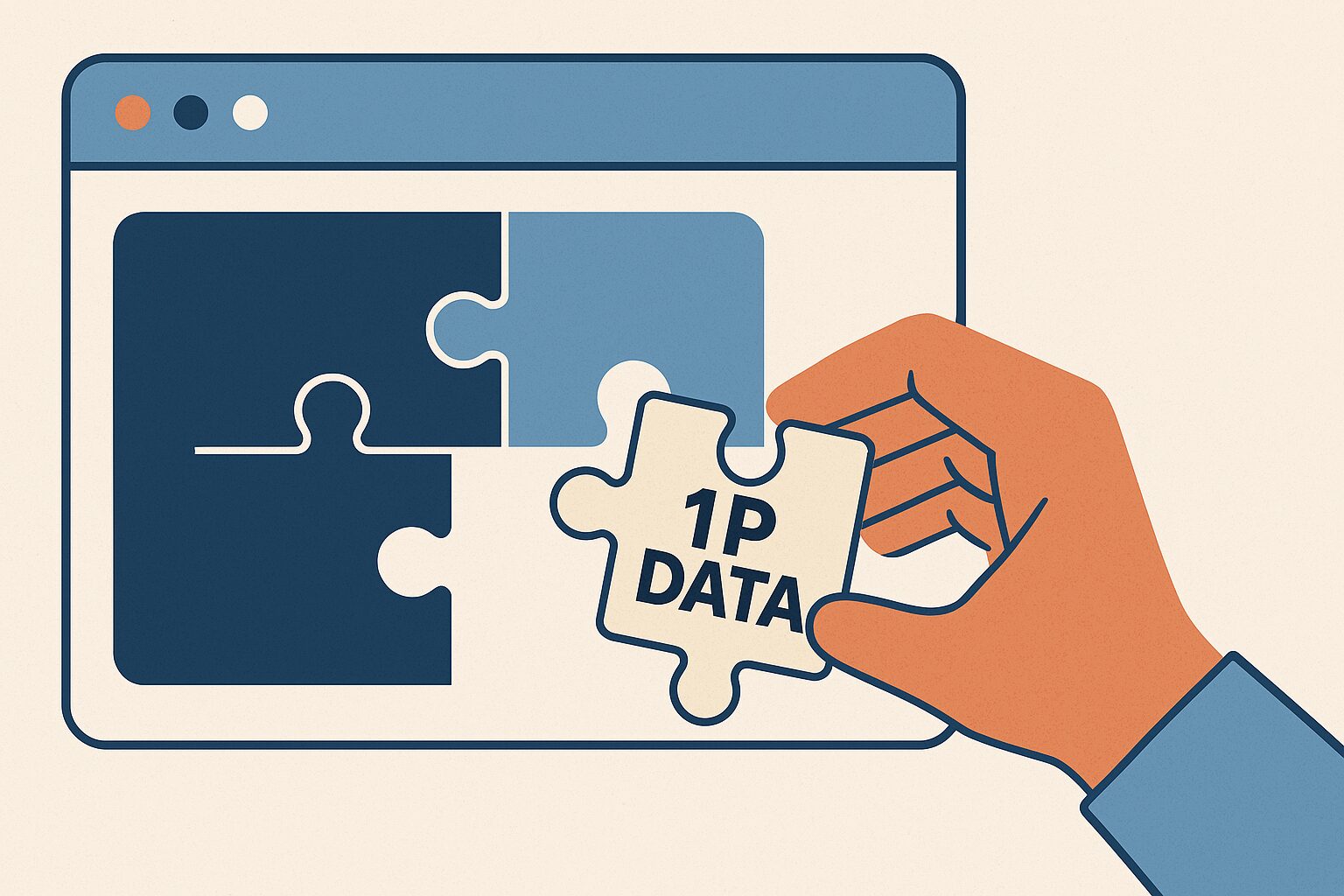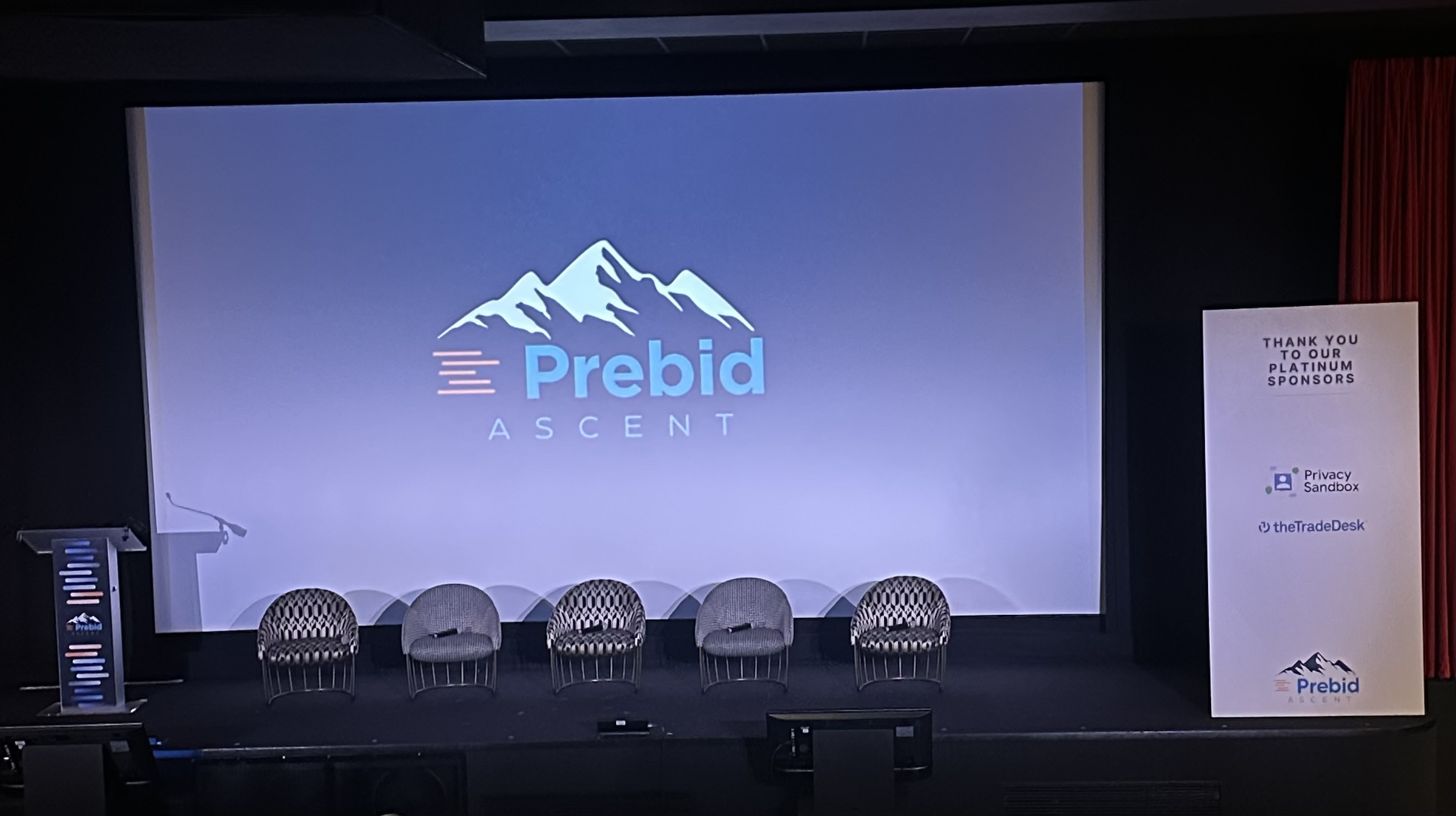Artificial intelligence is transforming the way search engines deliver information, and for publishers, that shift presents both challenges and opportunities. With AI-generated summaries providing instant answers, traditional search traffic patterns are changing, raising important questions about visibility, engagement, and revenue.
The Shift: AI in Search is Redefining Visibility
Search engines, particularly Google, are integrating AI to enhance user experience by summarizing content directly on the results page. For example, Google’s “AI Overviews” feature delivers quick answers, reducing the need for users to click through to publisher websites. While this creates a frictionless experience for searchers, it also means that publishers are seeing declines in organic traffic—traffic that traditionally fueled ad revenue and audience growth.
The Numbers: How Big is the Impact?
- Declining Search Traffic: Reddit reported a drop in daily active unique visitors in Q4 visitors in Q4 2024 due to a Google algorithm update impacting logged-out users. While traffic rebounded in early 2025, this showcases how algorithm changes can significantly impact publishers.
- AI Accuracy Concerns: A BBC study found that more than 50% of AI-generated responses to news-related questions contained factual inaccuracies, raising concerns about the reliability of AI-curated content.
- Content Usage Without Clicks: Some AI-generated search features pull key information from publisher sites but don’t drive traffic back, affecting page views and ad revenue.
- Google AI Overviews’ Impact: Some publishers have reported up to a 60% drop in organic search traffic, leading to an estimated $2 billion loss in ad revenue. (Source)
- Social Media Referral Decline: Facebook referral traffic to publishers dropped from 18% to 12% over the past four years, further reducing overall visibility. (Source)
AI vs. Google: Changing Search Habits
Recent data suggests that while Google remains dominant, AI-powered search tools like ChatGPT are gaining traction:
- A survey by Evercore found that 8% of respondents now use ChatGPT as their primary search engine, up from 1% in June, while Google’s usage declined from 80% to 74%. (Source)
- ChatGPT’s market share is projected to reach 1% by 2025, according to BrightEdge. (Source)
- Google’s search market share fell below 90% for the first time since 2015, averaging 89.6% in late 2024 and reaching 89.79% as of January 2025 (Source)
Generative Engine Optimization (GEO): The Future of AI-Driven Search
With AI-generated search results reshaping digital visibility, publishers must adapt by optimizing their content for AI models. This shift, known as Generative Engine Optimization (GEO), emphasizes structuring content in ways that AI can better understand and surface in search results.
Key GEO strategies include:
- Concise and Structured Content – Using clear headings, bullet points, and well-organized paragraphs makes extracting and presenting information easier for AI.
- Conversational Yet Informative Tone—AI models prioritize content that directly answers user queries in a natural yet authoritative manner.
- Embedding Data & Unique Insights – AI-generated search favors articles with original statistics, expert opinions, and proprietary research.
- Optimizing for Google Discover & AI Summaries – Given that Google Discover traffic increased from 41.6% to 55.6%, publishers should ensure their content is structured for AI-driven feeds. (Source)
By integrating GEO tactics, publishers can ensure their content remains visible even as AI reshapes search behavior.

Optimizing for AI-Driven Search: Key Factors
AI-driven search prioritizes specific content attributes. To improve visibility, publishers should consider:
- Relevance to Query – AI favors content that directly answers search intent with clear, structured information.
- Authority & Credibility – Established, high-authority sources rank better; publishers should build a reputation through quality reporting and citations.
- Recency & Freshness – Keeping content updated improves rankings, especially for fast-moving topics.
- Content Quality & Structure – Well-organized content with clear headings, bullet points, and concise takeaways performs better.
- Engagement & Popularity – Pages with high engagement, backlinks, and social shares tend to rank higher.
- Technical SEO & Accessibility – AI prefers structured data, schema markup, and mobile-optimized sites for better readability.
How to Improve Ranking & Visibility in AI-Driven Search
- Optimize for AI-Friendly SEO: Use structured headings, featured snippets, and schema markup.
- Publish High-Quality, Expert Content: Focus on original analysis, expert insights, and unique data.
- Boost Authority & Credibility: Gain citations from reputable sources and industry leaders.
- Leverage Alternative Platforms: Distribute content beyond search engines (e.g., newsletters, social media, aggregators).
- Encourage Direct Engagement: Build email lists, memberships, and community interactions to reduce reliance on search traffic.
- Monitor AI Search Trends: Stay updated on how AI ranks content and adjust strategies accordingly.
The Future: Navigating AI in Search
AI is no longer a future disruptor—it’s a present-day reality that is reshaping how users find and engage with content. The decline in search traffic has significant consequences, cutting into publisher revenue and necessitating a reevaluation of digital strategies. The era of relying solely on organic search has ended.
To remain competitive, publishers must prioritize owned channels, high-quality content, and AI-driven optimization strategies. Those who fail to adapt risk losing traffic, revenue, and relevance in a changing search landscape.
The bottom line? Adaptation isn’t just important, it’s urgent. Publishers who act quickly to optimize content for AI-driven search will secure their future, while those who hesitate may struggle to keep pace.













